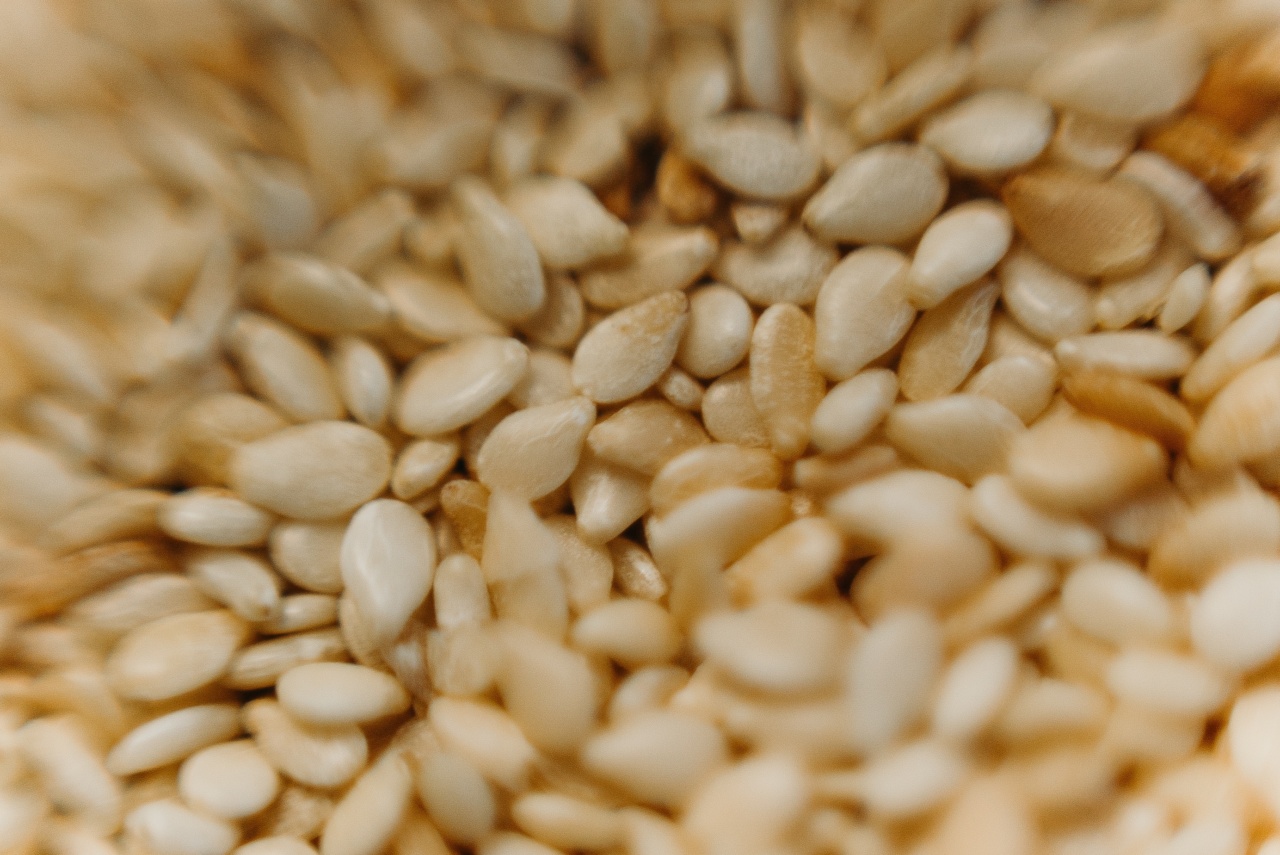Whole grains are an essential part of a well-balanced diet. They are packed with nutrients and offer a wide range of health benefits.
Incorporating whole grains into your daily meals can improve your overall well-being and lower the risk of chronic diseases. In this article, we will explore the various health benefits of whole grains and why they should be a staple in your diet.
What are Whole Grains?
Whole grains are grains that contain all parts of the grain kernel – the bran, germ, and endosperm. This means that they retain all the nutrients and fiber that are typically lost in refined grains.
Some common examples of whole grains include whole wheat, brown rice, oats, quinoa, and barley.
Rich in Essential Nutrients
Whole grains are a great source of essential nutrients that are vital for good health. They are rich in B-vitamins, such as thiamin, niacin, and folate, which are necessary for converting food into energy and supporting brain function.
Additionally, whole grains are packed with minerals like iron, magnesium, and selenium, which play a crucial role in various physiological processes.
Excellent Source of Dietary Fiber
Dietary fiber is essential for maintaining a healthy digestive system. Whole grains are an excellent source of dietary fiber, which aids digestion, promotes regular bowel movements, and prevents constipation.
Consuming an adequate amount of fiber also helps control blood sugar levels, reduces the risk of heart disease, and supports weight management.
Heart-Healthy Benefits
One of the significant health benefits of whole grains is their positive impact on heart health. Regularly consuming whole grains has been associated with a lower risk of heart disease, stroke, and high blood pressure.
The fiber content in whole grains helps reduce bad cholesterol levels and promotes good cholesterol levels, thus improving overall heart health.
Protective Against Type 2 Diabetes
Whole grains play a crucial role in preventing and managing type 2 diabetes. Studies have shown that replacing refined grains with whole grains can significantly reduce the risk of developing type 2 diabetes.
The high fiber content in whole grains slows down the absorption of sugar, resulting in better blood sugar control. Whole grains also contain essential nutrients that improve insulin sensitivity.
Weight Management
Including whole grains in your diet can be beneficial for weight management. Whole grains are generally more filling than refined grains due to their high fiber content. They provide a sustained feeling of fullness and can reduce overall calorie intake.
Additionally, the complex carbohydrates in whole grains provide a steady release of energy, preventing sudden spikes and crashes in blood sugar levels.
Lower Risk of Certain Cancers
Several studies have shown a link between whole grain consumption and a reduced risk of certain types of cancer.
Specifically, whole grains have been associated with a lower risk of colorectal cancer and possibly other types, such as pancreatic, breast, and stomach cancers. The fiber, antioxidants, and other compounds in whole grains play a protective role against cancer development.
Reduced Inflammation and Enhanced Immunity
Whole grains possess anti-inflammatory properties that help combat chronic inflammation in the body. Chronic inflammation is closely linked to various diseases, including heart disease, diabetes, and autoimmune disorders.
By reducing inflammation, whole grains support a healthy immune system and overall well-being.
Digestive Health
The fiber content in whole grains promotes a healthy digestive system by nourishing beneficial gut bacteria. This helps maintain a balanced gut microbiome and supports overall digestive health.
Whole grains can help prevent digestive issues such as constipation, diverticulosis, and hemorrhoids.
Brain Health and Cognitive Function
Whole grains are an excellent source of complex carbohydrates that provide a steady supply of glucose to the brain. This fuels brain function, enhances concentration, and supports cognitive health.
The B-vitamins in whole grains also play a crucial role in the synthesis of neurotransmitters, which are essential for optimal brain function.
Boosted Energy Levels
Consuming whole grains provides a sustained release of energy due to their complex carbohydrate content. Unlike refined grains, which can cause energy crashes, whole grains fuel the body with a steady supply of energy throughout the day.
This can enhance productivity and help you feel more energized.
Conclusion
Incorporating whole grains into your diet offers a myriad of health benefits.
From promoting heart health and aiding digestion to reducing the risk of chronic diseases and enhancing brain function, whole grains are a must-have for a nutritionally balanced diet. Replace refined grains with wholesome alternatives like whole wheat, brown rice, oats, and quinoa to reap the incredible health benefits that whole grains have to offer.





























